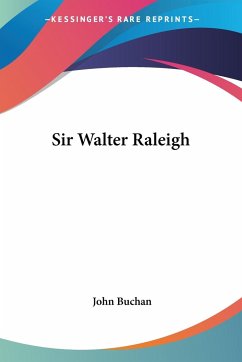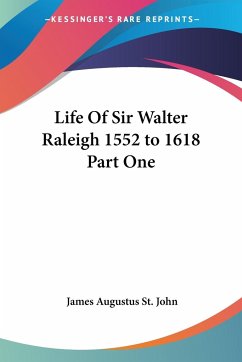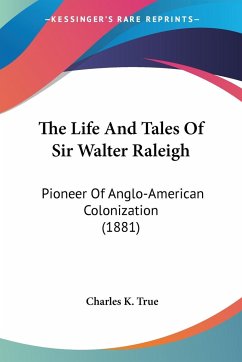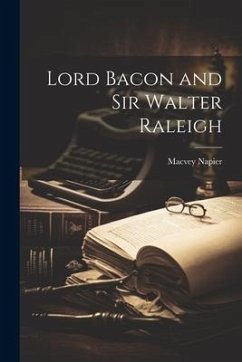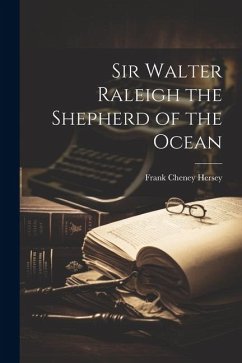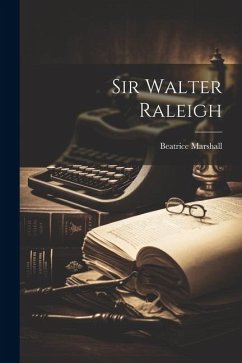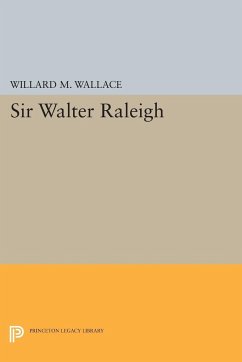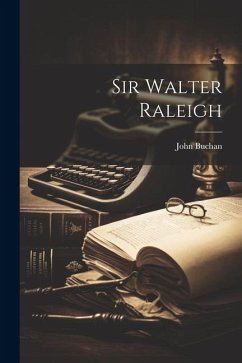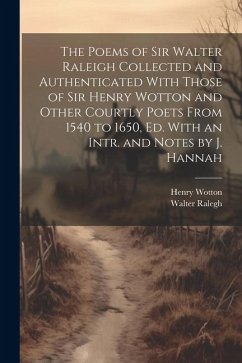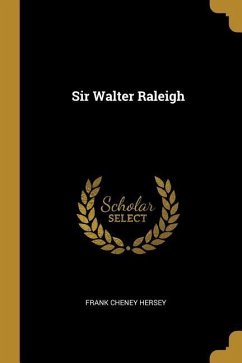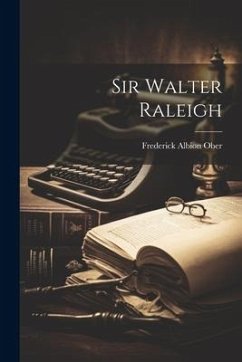John Buchan, 1st Baron Tweedsmuir was a Scottish author, historian, writer, and editor who lived from 1875 to 1940. Besides writing, he was a lawyer, a publisher, a lieutenant colonel in the Intelligence Corps, the Director of Information during the First World War, reporting directly to Prime Minister David Lloyd George, and a Unionist MP who was Governor General of Canada, the fifteenth person to hold the position since Canada became a country. Buchan was born in Perth, Scotland, and got into the University of Glasgow to study classics in 1892. During his first year there, he edited Francis Bacon's works, which came out in 1894. The next year, he was given a scholarship to attend Brasenose College, Oxford. Soon after he got there, he released his first book, Sir Quixote of the Moors, which he dedicated to his college professor, Gilbert Murray. He had written five books by the time he graduated from college. Scholar-Gipsies was his first non-fiction book. Buchan wrote a lot of non-fiction that was based on his own life. For example, The African Colony was based on his time in South Africa, and he wrote a number of books about the First World War and the Scottish and South African troops in particular.
